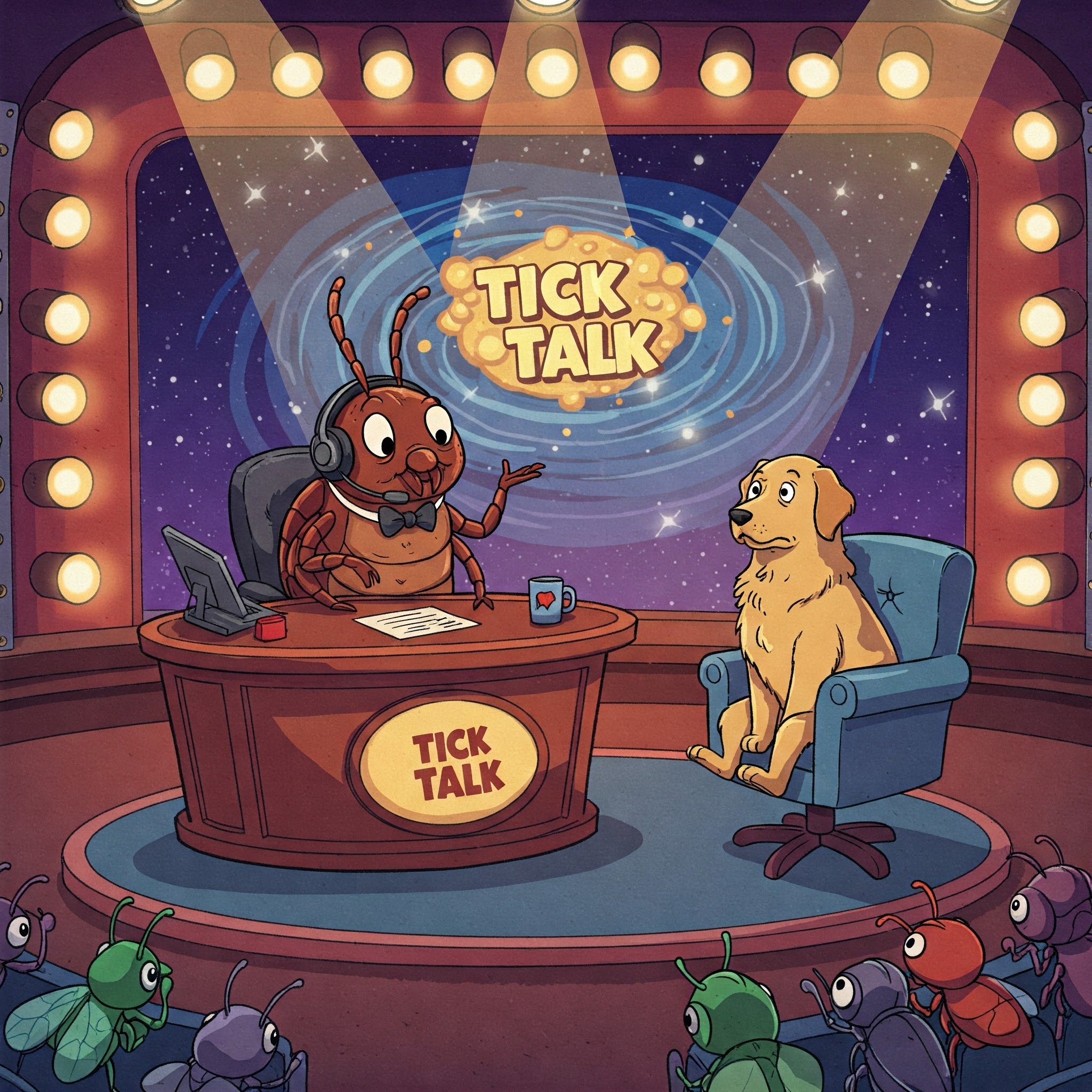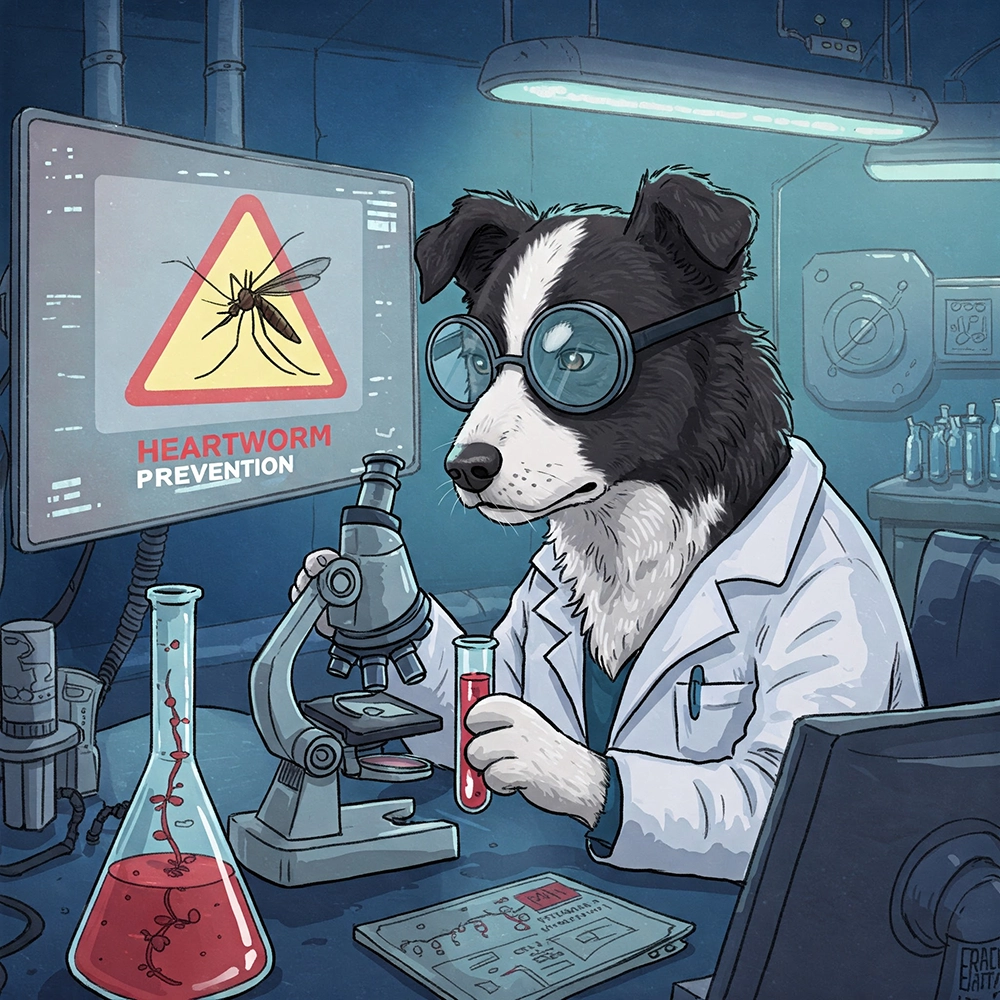5 Surprising Pet Food Myth Busters
- Foods that claim to be Holistic/Organic. When words like holistic or organic are used in relation to pet food, owners tend to hold the meaning to the human standard. Holistic generally means considering the needs of the whole animal instead of specific nutritional needs. Based on this meaning, all satisfactory pet foods are technically holistic. There are currently no regulations or legal definitions for labeling pet food holistic; which allows for the misrepresentation of the terms and their perceived benefits. Organic foods, on the other paw, refer to the way ingredients are grown, harvested, and processed. For a pet food to be display the organic seal, it must follow these restrictions: if 100% is organic, if 95% is organic by weight (excluding salt and water), if at least 70% of the content is organic. Anything below 70% can list the organic ingredients but cannot mention organic anywhere else of the product.
- Dogs are Carnivores. Sometimes it's hard to remember that dogs are omnivores when Fido has effortlessly stolen the Christmas ham from the dinner table and has swallowed it whole. It is important to keep in mind that dogs require a balanced diet of proteins, carbohydrates and vitamins from a variety of sources including meats, vegetables and grains. Many owners are unaware that animals cannot store proteins. Therefore, providing a high protein diet actually forces the kidneys to work harder when they are converting it into waste. Feeding your pet a well-balanced diet aids in controlling excess nutrients that could put them at risk of long-term health issues.
- Acknowledge the corn. In recent years, corn has developed a bad reputation due to premium pet food manufacturers making claims like “just a filler”, “poorly digested” and “causes food allergies”. These claims do not hold a kernel of truth. In fact, corn is an excellent and affordable source of nutrients. It provides essential fatty acids for healthy skin, coat and immune system function. Cooked corn has also proven to be a highly digestible carbohydrate for energy and provides quality proteins for muscle and tissue growth. Finally, corn is a very rare allergen in dogs and is unreported in cats. In fact, nearly all food allergies in dogs are due to beef, dairy, wheat, chicken and soy. There is no evidence of corn causing more food allergies than any other grain.
- Meat vs. Meal. “A rose by any other name would smell as sweet”, Shakespeare may not have been speaking to the difference between meat and meal but truer words could still not be spoken! Many pet owners assume that whole meat is better than meat meal based on the name alone. However, this is not true. While meat and meat meal contain different mammal parts, they can provide the same excellent source of protein when they come from a well-known and good quality provider. Many would argue that meat meal is a more concentrated source of protein since it does not contain the water content of whole meat and can therefore be added to dry food in greater quantities. Meat meal is also a more affordable source of high quality protein. Taking the time to determine the origin of your chosen pet food whether whole meat or meat meal is worth the time to avoid manufacturer marketing and hype.
- By-Products. Finding the word 'by-products' listed in the ingredients of your favourite four-legged friends food can sometimes leave you feeling uneasy about your pet food of choice. Pet foods that contain by-products are often thought to be inferior. By definition, by-products are “something produced in the making of something else”. You may not be aware that Vitamin E is a by-product produced by processing soybeans. And Vitamin E is commonly used as a natural preservative in pet food. By-products commonly include fats, proteins, pork and beef liver, beet pulp and tomato pomace and by-product meal includes highly nutritious organ meats such as liver, kidney and heart that are highly palatable and beneficial to pets. These benefits are why most pet foods contain by-products. If you are still unsure about the listed ingredients in your pet food, consider researching the manufacturer or talk to the team at Sixteen Mile!

Other Articles

As tick populations continue to rise across Canada, pet owners are facing an increasing need to check their furry companions for these persistent pests. Ticks thrive in grassy, overgrown areas and can latch onto pets, searching for the perfect spot to feed. While their bites can be a nuisance, the bigger concern is the potential transmission of Lyme disease and other illnesses. This article explores how to identify, remove, and prevent ticks on your pets, along with the importance of regular testing and professional veterinary treatments to keep them safe.

Think you know what's in your pet's food? Think again! Many common pet food myths have been debunked, from the truth about "holistic" labels to the surprising benefits of by-products. Find out which pet food facts you can trust and which ones are just marketing fluff.

Scratching is a natural and necessary behavior for cats, but it doesn't have to mean shredded furniture. Instead of resorting to declawing, which many believe to be a quick fix, there are humane ways to manage scratching. From nail trims and scratching posts to deterrents and soft nail caps, this article explores effective strategies to keep both your cat and your home happy.

Heartworm disease is a serious condition caused by the parasite Dirofilaria immitis, impacting the heart and lungs of primarily dogs, and sometimes cats and other mammals. **Transmitted by mosquitoes, heartworm can lead to severe cardiovascular issues and potential fatality**. Testing is essential before starting preventative medication, typically given monthly from June to November.

Did you know that heartworm is spread by mosquitoes and that fleas can infest even the cleanest homes? Many pet owners underestimate these parasites, but they can pose serious health risks. Whether your pet is indoor or outdoor, prevention is key. This article uncovers surprising facts about heartworm and fleas, along with essential tips to protect your furry friend.

Think ticks are just tree-dwelling pests? Think again! These tiny arachnids lurk in grass, can survive year-round, and pose serious health risks to both pets and humans. From proper removal techniques to essential prevention tips, this article uncovers the unsettling truths about ticks—and how to keep your furry friend safe.

As tick populations grow due to climate change, a rare but dangerous virus is making headlines: Powassan virus. Unlike Lyme disease, which takes 24 hours to transmit, Powassan can infect you in just 15 minutes. Learn why this virus is a growing concern and how to protect yourself and your pets.